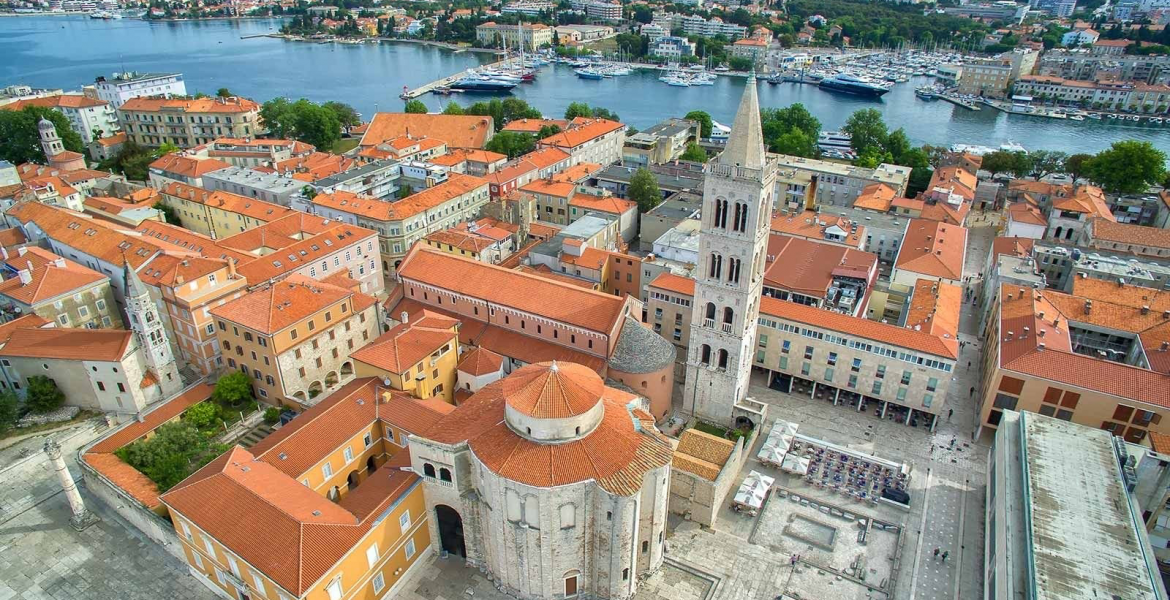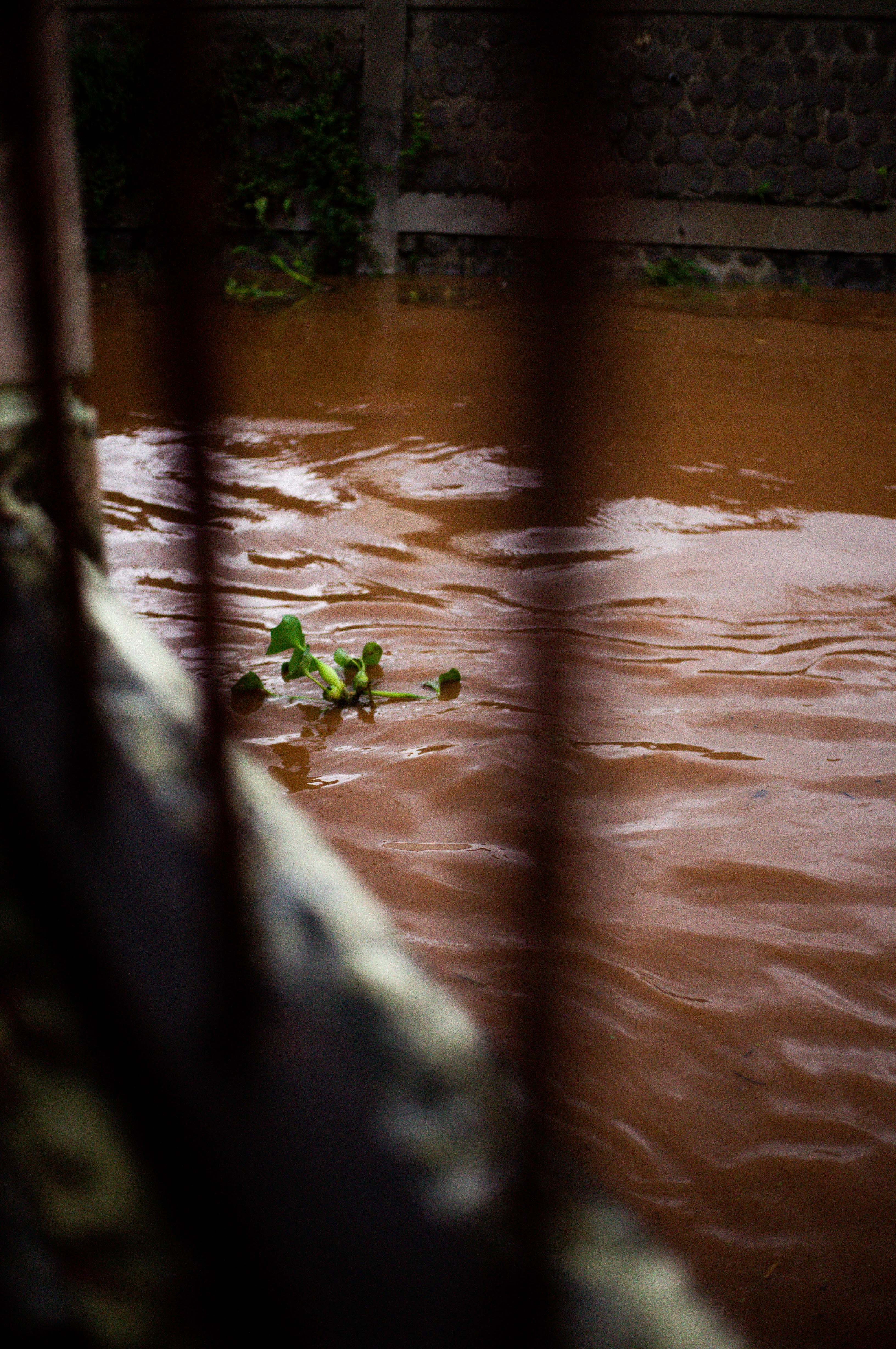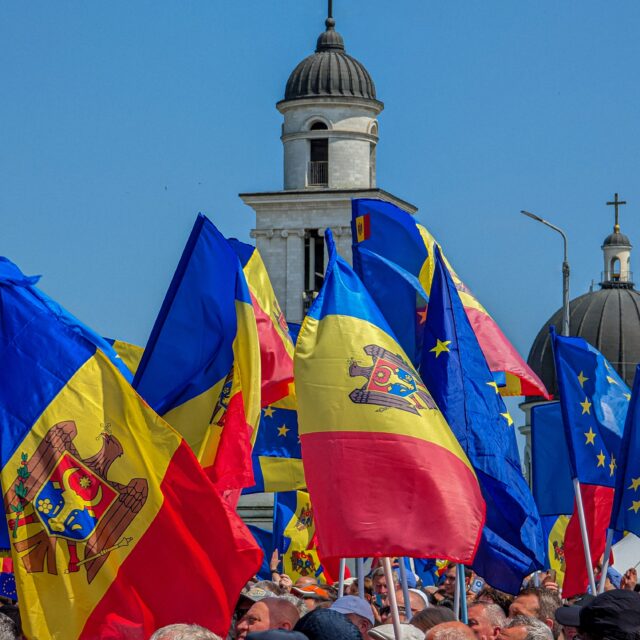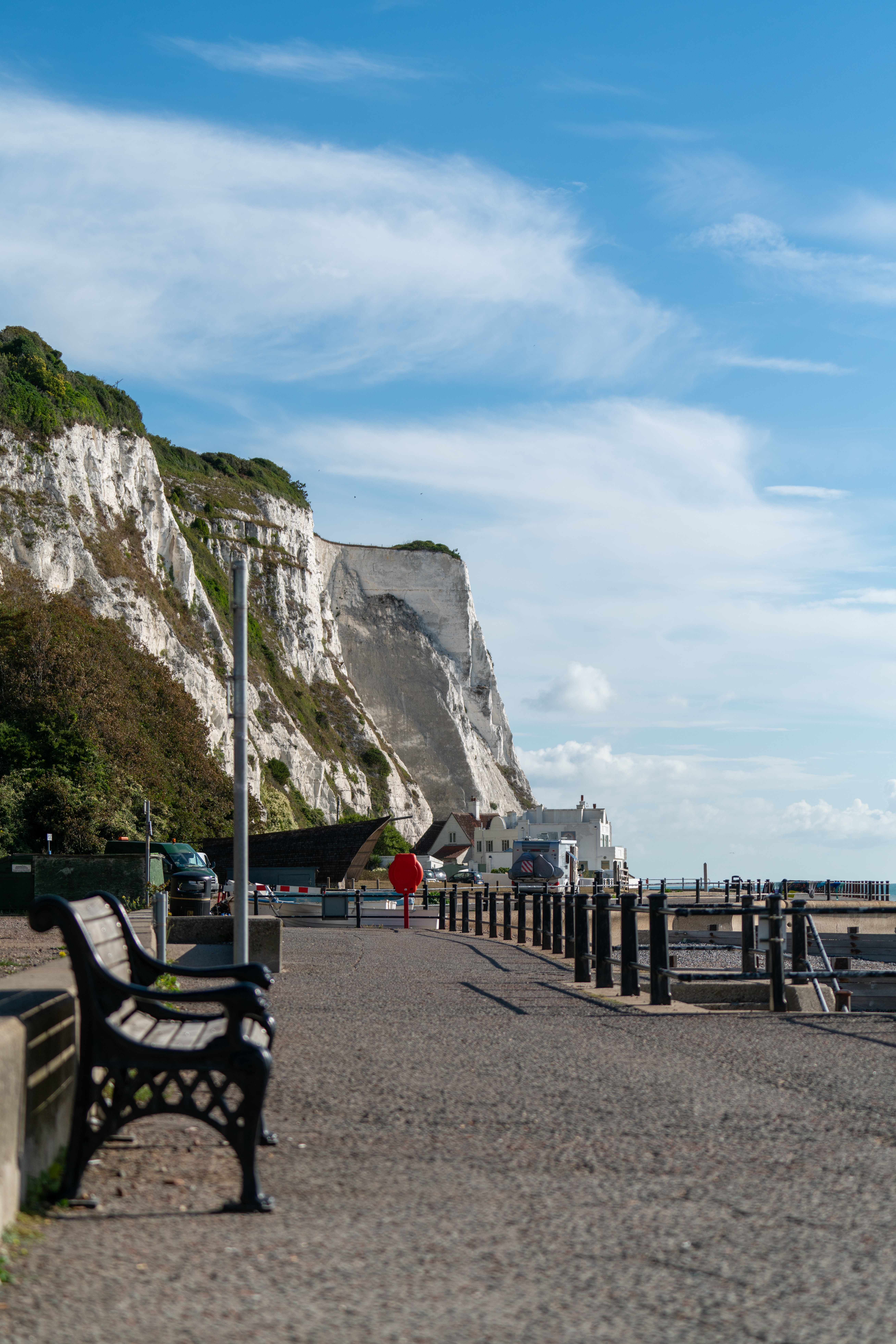By Willy Fautré
Twenty-five years after the end of Croatia’s war for independence from Serbia, thousands of Serbs are still fighting for their property rights in that Western Balkan country which became a member state of the European Union (EU) in 2013 and is now chairing the EU.
Dalibor Močević, a Croatian citizen of Serbian descent, is one of thousands of Serbs who were deprived by Croatian laws of their houses, apartments or other property in the aftermath of the Yugoslav wars, which led to the breakup of the Former Yugoslav Republic.
In 1993, Močević, who was employed by a merchant shipping company, returned from a one-year trip working abroad. He discovered that his house in Dalmatia, a region along the Mediterranean Sea, had been confiscated by the authorities and handed over to Croatian refugees who had been displaced by the Yugoslav Wars.
Močević’s house had belonged to his father who had received it in 1972 from his former employer, the Customs Office of Zadar, during the Communist period. This flat in Zadar had been Močević’s permanent residence since his birth in 1972. When his father died in 1992, Močević and his mother automatically became the co-owners of the flat under the administrative/legal status of “specially protected tenancy”.
In 1993, the Ministry of Finance, the Customs Administration and the Customs Office of Zadar brought a civil action against Močević and his mother in the Zadar Municipal Court to legalise their de facto eviction from the flat.
Since then, Močević has been fighting an endless battle against the Croatian administrations. In 2010, after ten years of ‘ping pong’ between the Municipal Court and the County Court of Zadar, he appealed the final local decision at the Supreme Court and then at the Constitutional Court, but to no avail.
The controversial Law on the “Temporary Takeover and Administration of Specified Property” that was passed at the end of summer 1995 is the legal instrument used by the state to justify the confiscation of homes and other property temporarily abandoned by their owners. Under this law, temporary possession and usage of such property could be given to Croats, including displaced persons and refugees as well as the families of killed or missing Croatian soldiers. There is no precise data on how many houses and apartments were placed under compulsory administration. Some say tens of thousands.
This law prohibited the sale or other use of the property by the original (Serb) owner once it had been transferred to the government. It granted the owners ninety days to “return to Croatia” and file a claim on their property to retain possession. For nearly all Serbs displaced by the war to whom the law applied, a safe return to Croatia for filing this claim under such a short deadline was impossible. In fact, even ten years later, there were still reports of violence against Serb returnees according to a press release from the OSCE.
Additionally, this law called for municipalities and towns to create commissions that would implement it and handle property claims. However, according to the U.N. Centre for Human Rights, as of early March 1997, not a single case brought before these property commissions resulted in Serb owners regaining possession of their property.
The Organization for Security and Cooperation in Europe (OSCE), which as of 1997 had lodged more than 160 complaints with Croatian courts on behalf of Serbian homeowners described its success rate as ”zero,” and stopped taking new cases.
Furthermore, Croatia enacted over 20 discriminatory laws and regulations that formalised the confiscation of social housing inhabited by Serbs. Often, this was done in fast-paced lawsuits during which users were convicted “for hostile activity” or arbitrarily declared to have no right to occupy the flat, as in Mocevic’s case.
The estimate of the damage these policies incurred on Serbs who were not involved in the war, like Močević, is incalculable.
Serbs were also excluded from the process of buying social housing. When that process began in Croatia, a large number of Serbs had already fled and, until today, Croatia has explicitly refused to grant them equal conditions for purchasing these apartments.
It was only in 2003 that there was a change in the Croatian attitude. Resolving the conflict around tenancy rights in Croatia was set as one of the conditions in the Stabilization and Association Agreement with the EU. Despite this, most Serbs who lived or had property in Croatia in the 90’s did not regain their property rights.
In the midst of talks about the integration of other Western Balkans countries, property rights remain high on the agenda of the victims of the Yugoslav Wars. This issue is still a source of deep resentment that could easily be instrumentalised by extremist political forces.
The Author, Willy Fautré, is the Director of Human Rights Without Frontiers.




